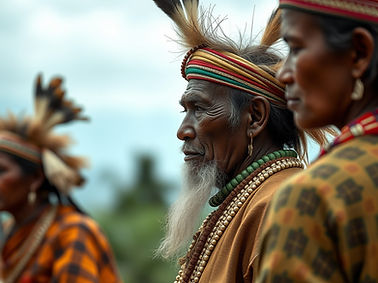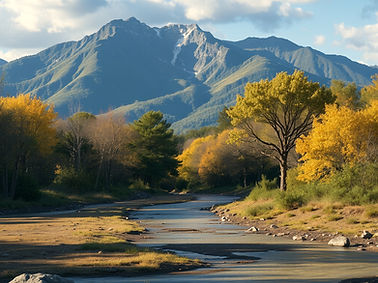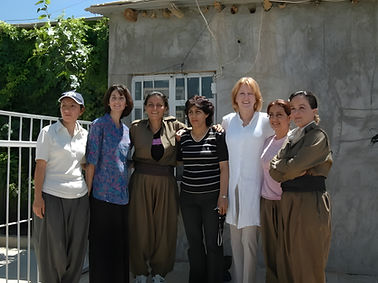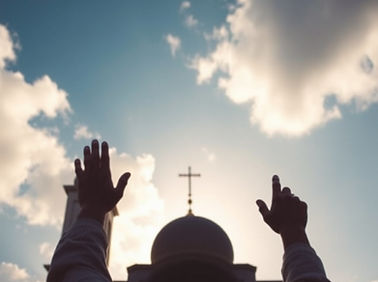
Principles
Indigenous Peoples
Environmental Health
The “Gender Lens”
Religious Freedom

Indigenous People
Kathryn Cameron Porter has long worked for the rights of indigenous populations. These diverse groups have endured ongoing human rights violations; on International Day of the World’s Indigenous People, 2005, UN Secretary General Kofi Annan remarked, “We recall the tremendous challenges which so many indigenous peoples face, ranging from unacceptable levels of poverty and disease to dispossession, discrimination, and denial of basic human rights.” LCHR is striving through strategic campaigns to relieve the plight of indigenous populations.
Environmental Health
Freedom of expression, freedom from persecution based on race, gender or creed, freedom from inhumane treatment – these are the human rights usually thought of as the inalienable liberties afforded to all people. There is another integral right, one which is sometimes forgotten – the right to environmental health.


The “Gender Lens”
Women are the linchpins of society. In the words of LCHR President and applied anthropologist Kathryn Cameron Porter, “Men are interested in the continuity of governments, while women are interested in the continuity of generations.” Almost everywhere in the world, women provide family structure and stability, act as the primary caregivers and providers for their children, and create the backbone of cultural life. Women’s participation in all aspects of civil affairs is vital to creating flourishing civilizations.
Religious Freedom
The Most Fundamental Human RightIn the U.S., the notion of religious freedom can easily be taken for granted. After all, there is nothing to stop Americans from attending the church, mosque, temple, or other sacred place of their choosing to express their faith. The First Amendment of the Bill of Rights sets in stone the fundamental right to practice religion without restriction. It is, in essence, the most elemental human right that we possess. The personal experience of spiritual things is the very source of religion. Leadership Council for Human Rights President Kathryn Cameron Porter succinctly sums up the importance of religious freedom: “It is between you and your god.
